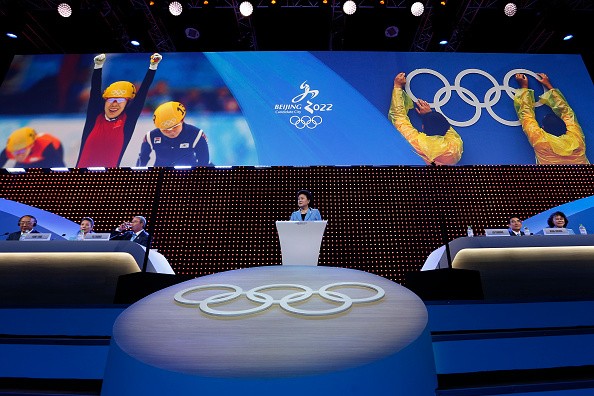Alibaba Group Holdings, an e-commerce giant in China, has struck a deal with the International Olympic Committee to become a top sponsor of the Olympic Games through 2028. This will bring the company a greater exposure to the global audience in order for them to reach consumers as well as promote its cloud computing business.
Alibaba joins the likes of Coca-Cola and Samsung as a "top" Olympic partner in the highest rung of sponsorship.
According to Japan's Kyodo News, companies including Canon, Fujitsu and the Nippon Life Insurance are already paying upward of $125 million for their own partnerships.
Daniel Bach, the chairman of the IOC, stated that Alibaba will provide three major packages of digital services.
First, it will provide cloud computing and data analytics services, which will lift the digital sophistication to the individual Olympic games and the Olympic Organizing committee.
Second, it will provide a specialized e-commerce platform for the Olympics, which allows the IOC and authorized vendors to sell goods and services worldwide.
Lastly, the company will be a founding part of the year-round Olympic Channel of the IOC, with a mission of popularizing the channel in China while providing technical assistance to people.
Alibaba obtained the rights of including promotional and advertising use of Olympics imagery and marks from the games under the deal.
The global activation rights will include Winter Games in PyeongChang in 2018, the Summer Games in Tokyo in 2020, the Winter Games in Beijing in 2022, and succeeding games with cities yet to be named.
The financial terms regarding the agreement were not disclosed though. Ma said the deal stemmed from Alibaba's diversification strategy, which is the "Happiness and Health Initiative."
Ma avoided questions regarding acquisition plans in 2017.
Ma said: “I’m not very interested in acquisitions and more interested in finding partners. I’m looking for partners and to empower those partnerships."
The deal dovetails with its long-term ambitions.
Bach declared that the deal would “transform the global Olympic movement.”



























